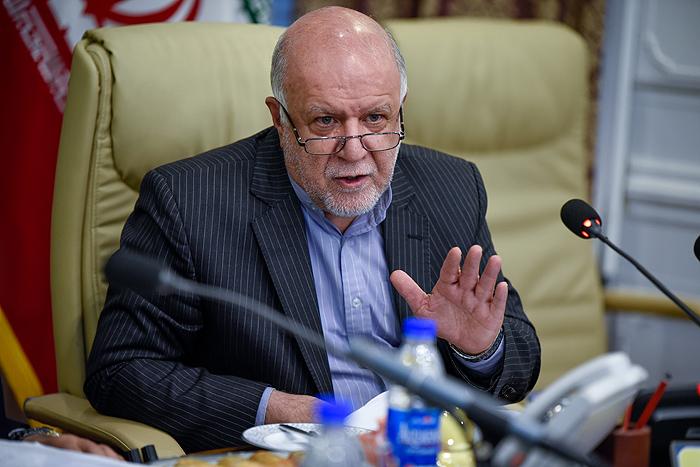“In the past they used to rattle sabers against us that they would block our gasoline imports to paralyze Iran; however, such threats are history now and our gasoline production is at a very good state despite 8 to 9 percent rise in its annual consumption. They cannot pressure us this way anymore,” the official said in a televised interview on Thursday evening.
Iran and the five permanent members of the United Nations Security Council – the US, France, Britain, Russia and China – plus Germany signed the JCPOA on July 14, 2015, and started implementing it on January 16, 2016.
Under the JCPOA, Iran undertook to put limits on its nuclear program in exchange for the removal of nuclear-related sanctions imposed against it.
Trump has described the deal, which was negotiated under his predecessor, Barack Obama, as “the worst and most one-sided transaction Washington has ever entered into,” a characterization he often used during his presidential campaign, and threatened to tear it up.
On Tuesday, May 8, President Donald Trump announced the United States would exit the nuclear pact with Iran and re-impose sanctions on Tehran, saying the Obama-era deal failed to contain Tehran’s nuclear ambitions and regional meddling.
Zangeneh added that the second phase of Persian Gulf Star Refinery was about to come on-line adding 12 million liters per day to the country’s Euro-5 petrol output.
Iran can now supply 87 ml/d of gasoline, up 25 ml/d from last year’s 62 ml/d, he added.
He went on to add that 4 onshore refineries with the capacity of processing over 100 million cubic meters per day of gas recovered from South Pars gas field would come on-stream this calendar year which began on March 21.
This year, 150 mcm/day of sour gas would be made available to refineries for sweetening, he added.
Referring to Trump’s duplicity in the oil market, Zangeneh said: “I believe that Mr. Trump is practicing duplicity in the oil market as he seeks higher prices and therefore has cut an agreement with certain OPEC members to keep their output low so that prices would increase and shale oil production becomes economical. Today, the US is producing over 6 million barrels per day of shale oil which is a very big figure.”
By keeping the prices high, oil production rises in the US, resulting in generation of more jobs and levying more taxes which would benefit the US government, Mr. Zangeneh argued.
“On the other hand, in order to keep consumers in their country quiet, they keep telling them that OPEC is responsible for the rising prices,” Zangeneh further added.
“I believe that too expensive oil is not suitable because it unleashes shale oil production, leading to another glut in the market and a subsequent drop in prices which would again force OPEC to cap its output to prevent price hikes,” the official said.
“We [OPEC members] argue that the price of oil at the $60/b range would be better in the long-run, but there are some OPEC members that are acting as tools for carrying out US policies.”


Your Comment